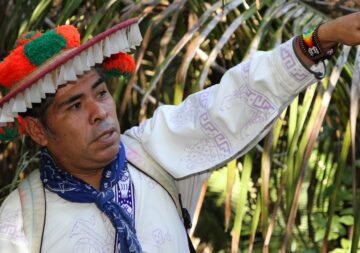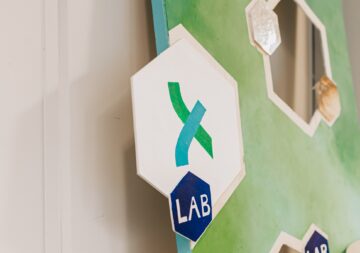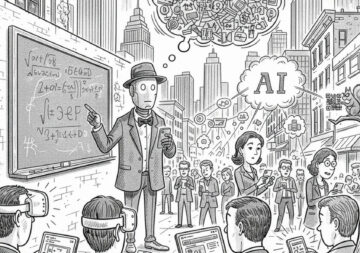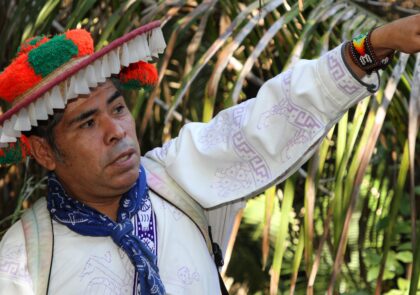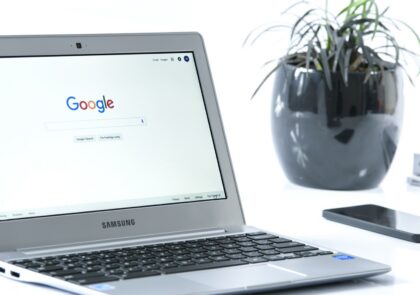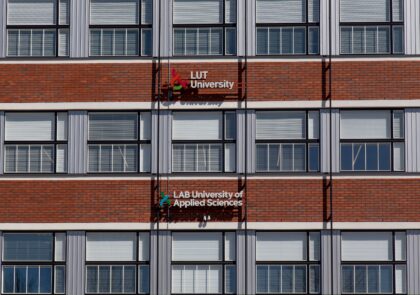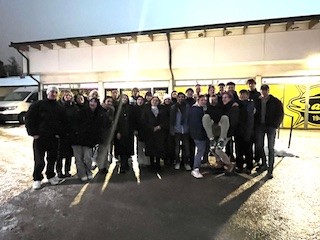
A blended intensive programme (BIP) on Global Citizenship and Sustainable Innovations was hosted by LAB University of Applied Sciences in Lappeenranta strengthening the collaboration between Avans Hogeschool and htw Saar. 25 students from the Netherlands and Germany joined 10 students from LAB for the physical mobility that brought Dutch and German students to experience Finnish winter in Lappeenranta.
Author: Jaana Häkli
Even among European students Sustainable Development Goals are studied very differently in different corners of Europe (Häkli et al. 2024). At LAB they are integrated a lot in courses and RDI activities even in a practical manner but according to students of Avans often the practical implementation of the SDGs can remain unclear. Often also goals like Climate Change and Clean Energy get most of the focus and SDGs focusing e.g. on diversity and inclusion or gender issues can get minimal attention in engineering degrees.
The BIP course covered the SDGs and global citizenship in a way that made them feel more relevant and practical. SDGs have often been seen as very broad and idealistic, but one of the key learning objectives of the BIP was to learn how businesses can integrate these goals into their operations. Sustainability is not just a buzzword—it is an approach that makes companies more resilient in the long run. Similarly, businesses that fail to adopt sustainable practices are at risk of becoming irrelevant. During lessons students found it fascinating to see real-life examples of Finnish companies that embraced circular economy models, ethical sourcing, and renewable energy to stay competitive (Ghoreishi 2025). Similarly, global citizenship is often seen as an abstract ideology, but international encounters face-to-face strengthen global citizenship identity and highlight its individual actions.
A real case study to work on
The BIP collaborated with the Interreg Project called Circular Ports in which the City of Lappeenranta, Mustola port and LAB University of Applied Sciences are involved in (Circular ports 2025). Representatives from them all participated in creating the case study for students to work on. In the assignment students had to benchmark circularity in port environments especially in Central European countries and had to come up with business ideas to boost circular economy and sustainability at Mustola Port. Skills and competences in sustainability, waste management, logistics, business analytics and information data bases were needed to get the work done. The challenging case study received lots of positive feedback from participating students and company representatives were very satisfied with students’ work. “We are very positively surprised by students’ innovative ideas, high quality work and we will for sure take many of them into consideration when we start working on our Circular Ports -project”, Marja Eksman from the City of Lappeenranta and Maria Jäppinen from LAB summarize.
The benefits of a diverse team and ideas for new career opportunities
BIPs provide great opportunities for internationalization at home. Due to their intensity, they become a crash course in internationalization and in developing one’s intercultural competence as students are together only for five days. For students studying in degree programmes taught in native languages BIPs are valuable opportunities to get experience in multicultural teamwork and in communicating professionally in English. For many students this BIP was the first time they were using English for communicating in a professional setting when they for example pitched their teamwork results to company representatives.
Working with a diverse team turned out to be a challenge for many, yet very rewarding at the end. Language barriers, different communication styles, and varying work approaches made collaboration a bit challenging. Yet over time, these differences turned out to be actually strengths as students could also look for information utilizing their native languages and cultural competence they had gained in different parts of the world. Each team member brought unique perspectives, and learning to navigate those differences taught many students valuable soft skills such as patience, adaptability, and the importance of clear communication.
Working on a case study related to port environments broadened students’ understanding of logistics as well as how one man’s waste is another man’s treasure. The importance of data management and analytics in waste management gave several IT students also the brand-new idea that a port environment or an impact-driven business could be an interesting place of work after graduation. “I’m intrigued by careers that involve sustainability, social entrepreneurship, or corporate social responsibility. Learning about impact-driven businesses and how they balance profit with purpose was particularly inspiring”, says Jan Kolsters from the Netherlands.
Sustainability hands-on through sports and delicious food
With the help of the BIP funding interesting cultural activities such as a visit to a Finnish ice-hockey game, experiencing snowshoe walking and chances to taste Finnish culinary delights were arranged. In this regard the BIP boosted regional businesses and tourism and hospitality companies in South Karelia during a low touristic season. These cultural activities were also sustainable from their nature as snowshoe walking could be done under excellent guidance provided by Retki Saimaa Oy in the forest area behind Skinnarila campus and on the shores of Lake Saimaa just in front of the campus. The farewell lunch prepared by LAB’s tourism and hospitality management students at Saimaa GastroBar was also tailored according to customers’ needs paying attention to the low carbon footprint of the menu and hence we enjoyed many dishes prepared from locally produced ingredients. Only one Dutch student had previously visited an ice-hockey game, so a Friday evening game of Saipa against Kärpät was just a perfect finish for the BIP especially because the local team won, and the full arena created a great atmosphere of joint enthusiasm! During a break a local meat pasty, vety, could be enjoyed. Many of our international guests were of the opinion that vety would have great market potential in sports events in Central Europe as it could become a great substitute for a hot dog for example!
“Looking back, this course was such a life-changing experience! I learned so much about sustainability, global citizenship, and working in a team, and the mobility period was definitely the highlight. I now have such a better idea of how individuals and businesses can contribute to a more sustainable world, and I believe in myself so much more. Most of all, I’m most grateful for the amazing people I met along the way. This course has truly been one of the most enriching learning experiences ever, and I’m excited to apply it all moving forward, says Nazita Pinitchai, a Thai tourism and hospitality student studying at LAB.
References
Circular ports – Deploying circular economy in port environments. 2025. Cited 13 March 2025. Available at https://lab.fi/en/project/circular-ports-deploying-circular-economy-port-environments
Ghoreishi, M. 2025. Business model innovation and sustainability. Lecture held on 21 Jan 2025.
Häkli, J., Arustei C. & Tocar S. 2024. Finnish and Romanian students’ understanding of sustainable development goals in higher education. Unpublished. In peer review process.
Author
Jaana Häkli is a Senior Lecturer at LAB University of Applied Sciences.
Illustration: BIP participants after a winning Saipa ice hockey game. Photo: Jaana Häkli
Reference to this article
Häkli, J. 2025. Boosting circular economy, global citizenship and other valuable lessons learned. LAB Pro. Cited and the date of citation. Available at https://www.labopen.fi/en/lab-pro/boosting-circular-economy-global-citizenship-and-other-valuable-lessons-learned/
